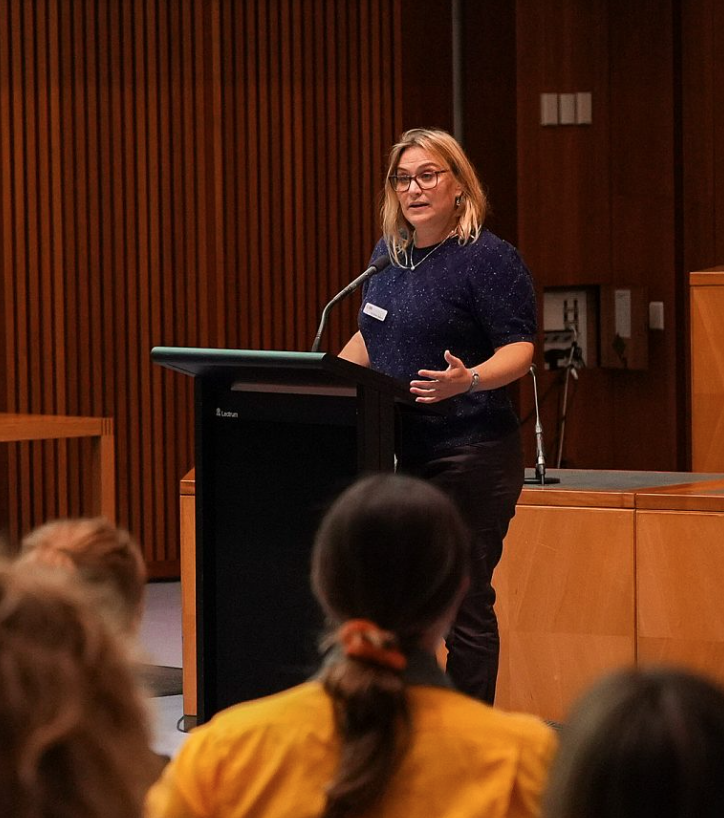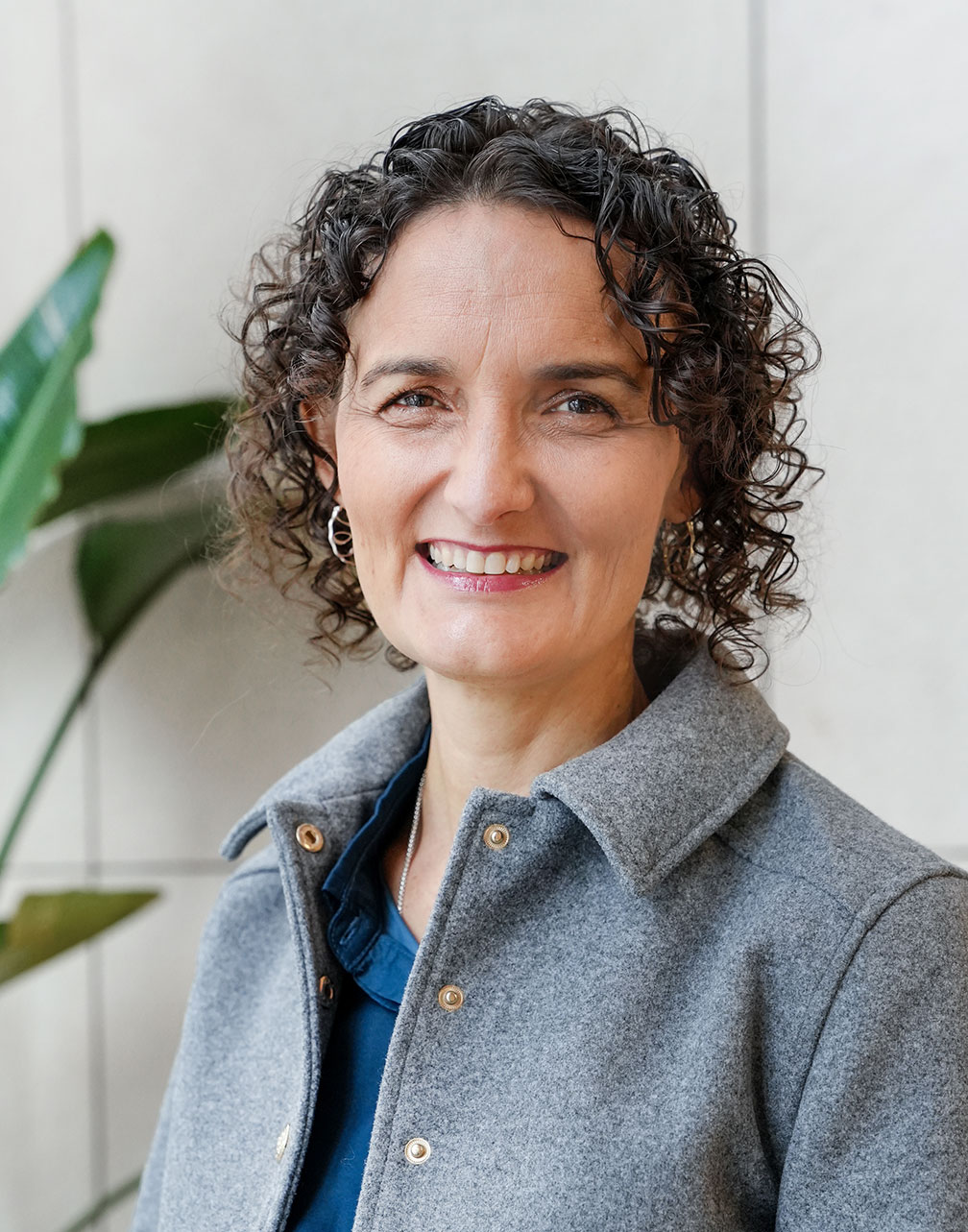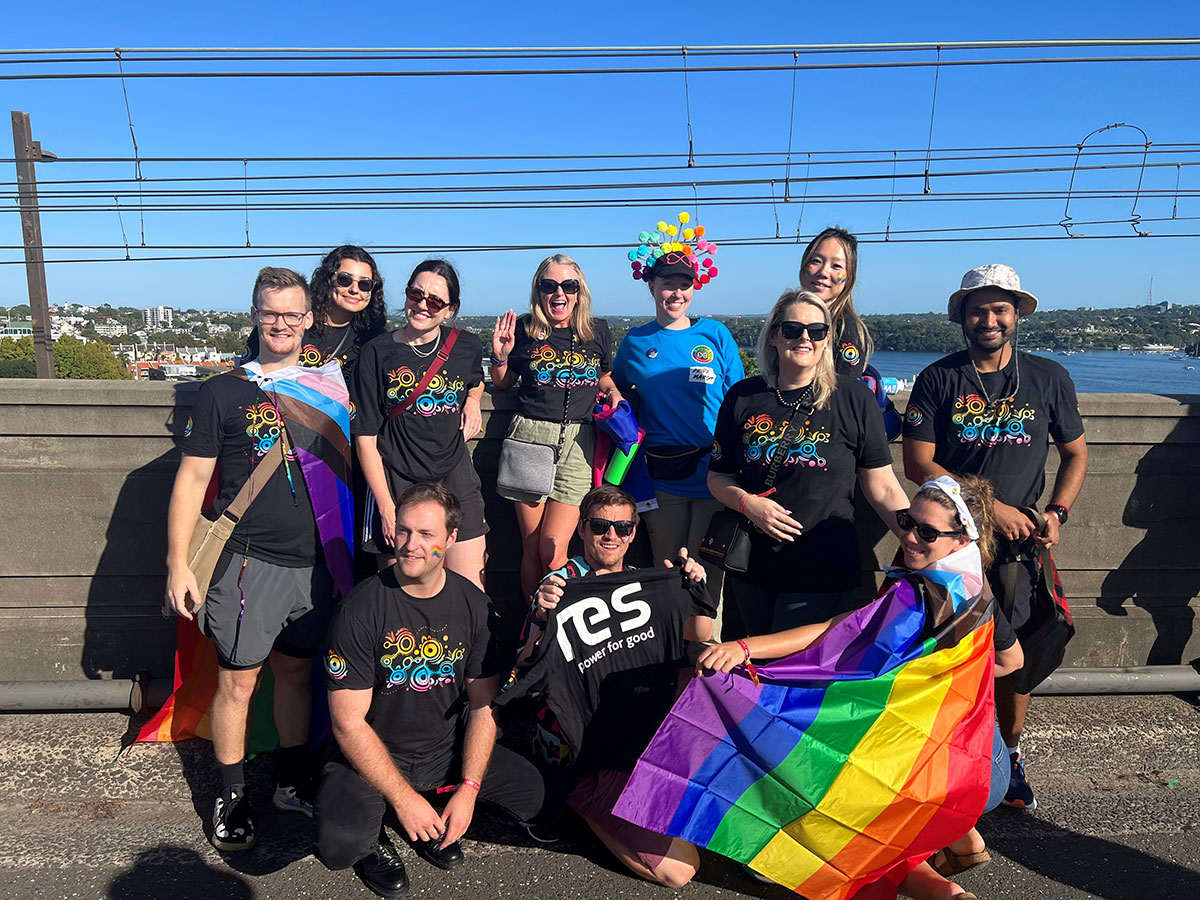A workforce that reflects Australian people
To attract and retain a diverse workforce we need to ensure our workplaces are equitable, inclusive, and accessible.
The clean energy industry has historically been a male-dominated sector – there are many passionate women, First Nations people, migrant workers and other underrepresented groups already working in the industry, but there is still a large number of people whose talent is yet to be harnessed to accelerate the transition.
Diversity doesn't just increase the size of the talent pool – diverse workplaces have been proven to be more innovative and productive.
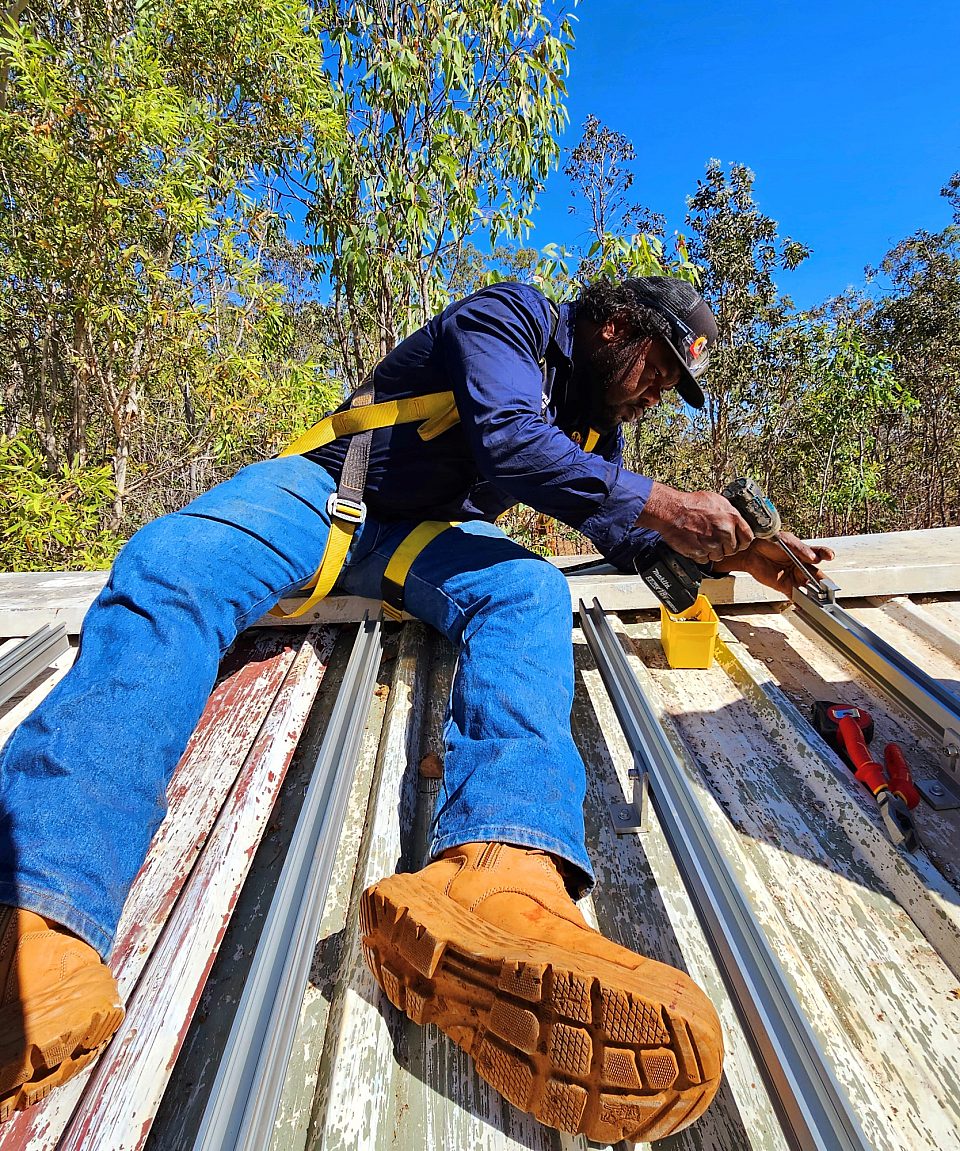
Women in Renewables
Since 2015, our Women in Renewables initiative has empowered hundreds of women working in the renewable energy industry.
The core aims of the Women in Renewables initiative are to provide professional development opportunities for women at all stages of their career journey; to showcase the contribution of women in our industry; to support the development of connections and networks for women in the industry.

Join the women changing the face of energy
Hear first-hand from the incredible women shaping our energy future and discover how you can join the renewables revolution. The ‘Women powering change’ campaign is supported by the Victorian Government.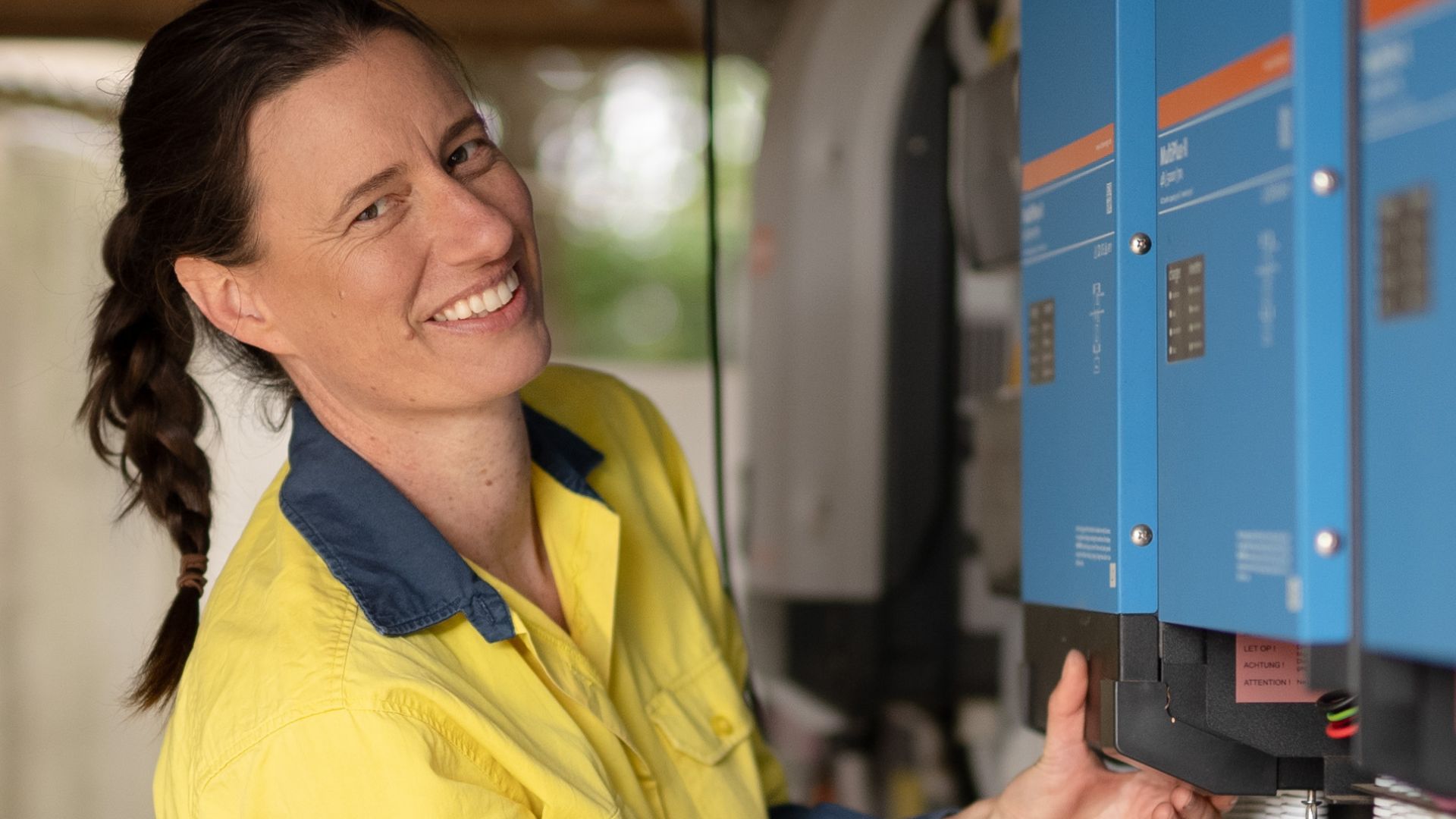
Grow your career

AICD Scholarship

Career Launcher Student Ticket initiative

Chloe Munro Scholarship

Mentoring
Speakers guide
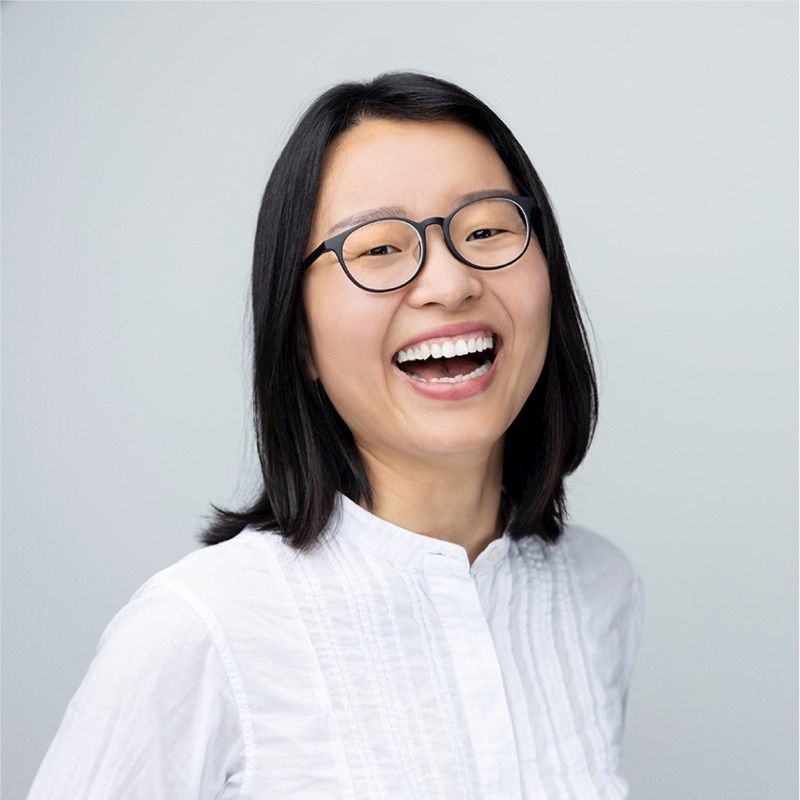
Take the leaders pledge
Taking our pledge means committing to the following three statements:
I recognise that as a leader in my organisation, others look to me for direction, not only in terms of business needs, but also my behaviour, ethics, and standards.
I recognise that, to be successful, our industry requires a diversity of authoritative, influential voices.
I recognise that this is a change mission, and that an important way I can influence others to embrace the proven value and importance of gender diversity is to acknowledge the achievements of women in my network.
Take our Leaders Pledge to demonstrate and actively commit to the importance of equity and equality in our industry.
First Nations and the renewable energy workforce
First Nations voices and rights are central to Australia's clean energy transition.
The renewables industry is in a strong position to ensure the economic benefits of renewable energy projects are shared with First Nations communities, through long-term and sustainable employment opportunities.

Diversity in Renewables report
Diversity, equity and inclusion working group
The diversity, equity and inclusion working group was formed to improve diverse representation in the clean energy workforce.
Clean Energy Council members can participate in this working group. Please contact membership@cleanenergycouncil.org.au to join.
-
Key areas of focus
-the representation of women-engagement of First Nations peoples
-culturally and linguistically diverse employees
-people living with a disability
-LGBTQIA+ people
-improving local employment
-supporting employers to offer inclusive workplace culture and practices
-
Dr. Laura Jeffrey, Chair
Laura has a career in renewables that spans more than 15 years and four continents, and she is currently a senior project developer at Squadron Energy. Laura graduated with a BSc (Hons) Geology from The University of Edinburgh, an MSc Environmental Technology, and a PhD Environmental Research from Imperial College London; and has completed the LSE MBA Essentials course and WLA Executive Ready Program. Laura strongly believes people are the biggest asset of any organisation and is a fierce advocate for a more diverse, equitable and inclusive workforce to advance the energy transition.
-
Priscilla Kumar, Deputy Chair
Priscilla specialises in recruiting for the power sector, covering roles essential to the energy transition – spanning power generation, energy storage, and high-voltage infrastructure. Working at the coalface of diverse hiring, Priscilla is committed to aligning values with both clients and candidates while fostering inclusive workplaces. Guided by her core principles of passion, collaboration and respect, Priscilla champions diversity, belonging and inclusion within the industry. Driven by a passion for the energy transition and a commitment to environmental stewardship, Priscilla believes that, together, we can shape inclusive practices across the board, ensuring that everyone feels they truly belong.
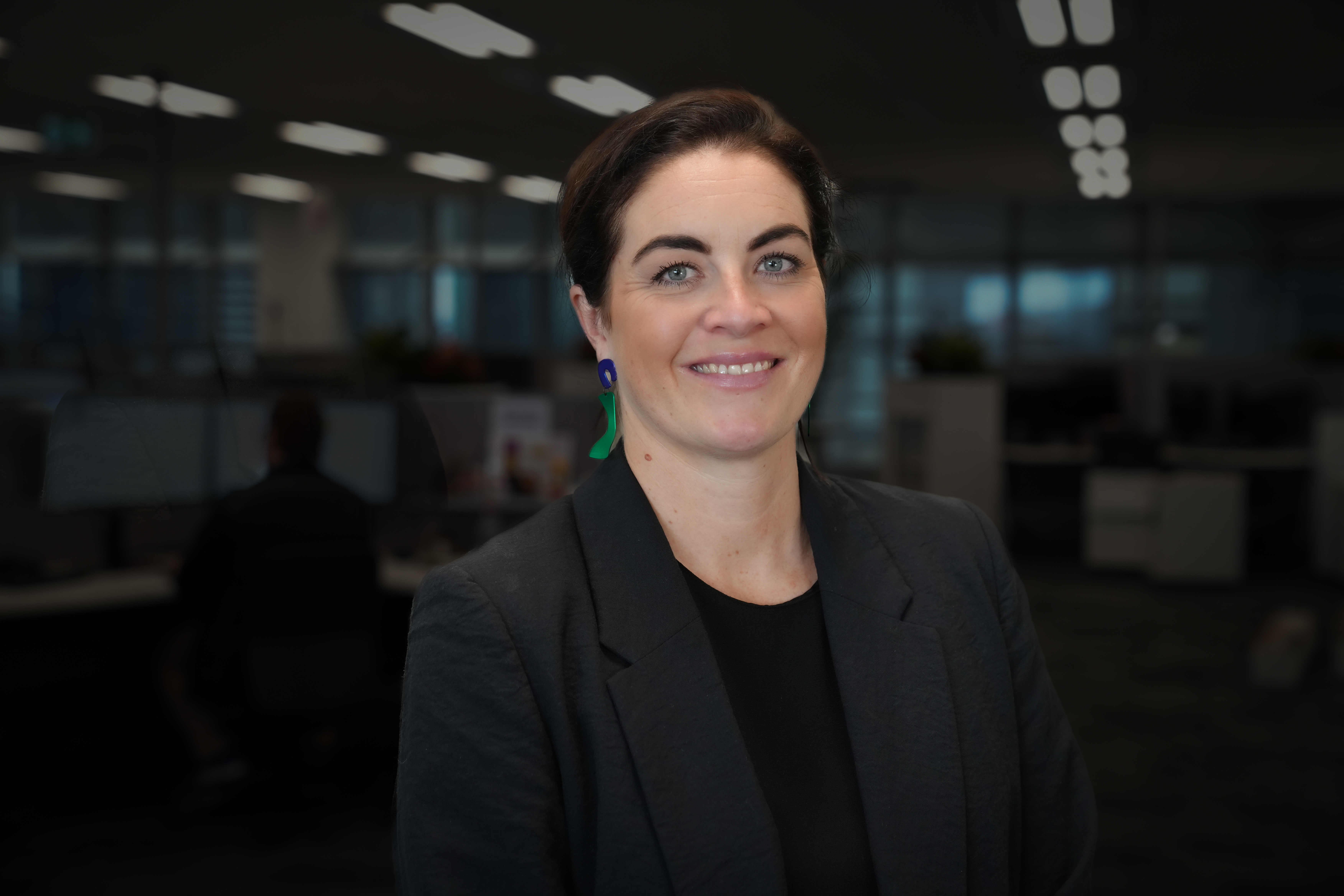.jpg)
Dr. Laura Jeffrey, Chair
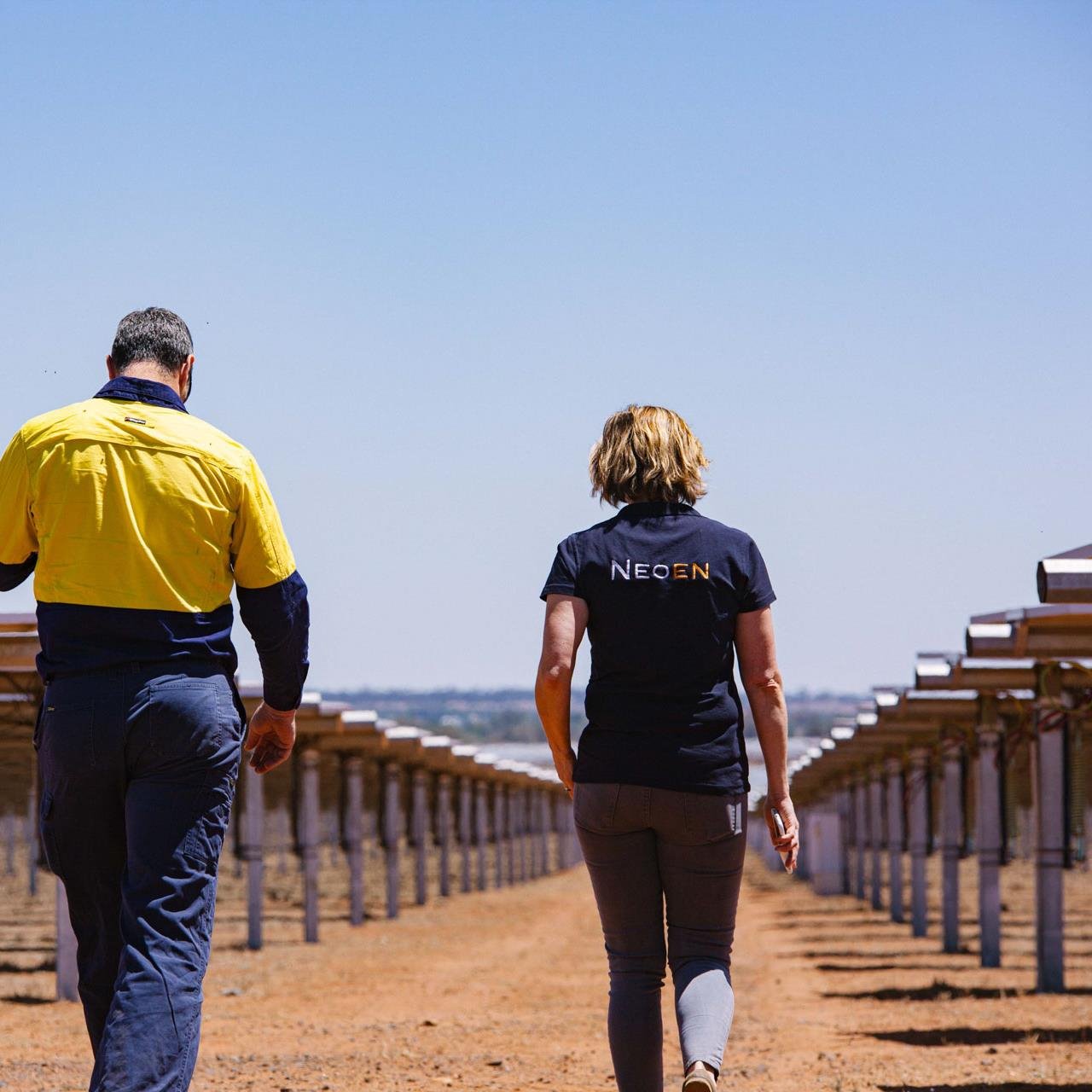.jpg)
